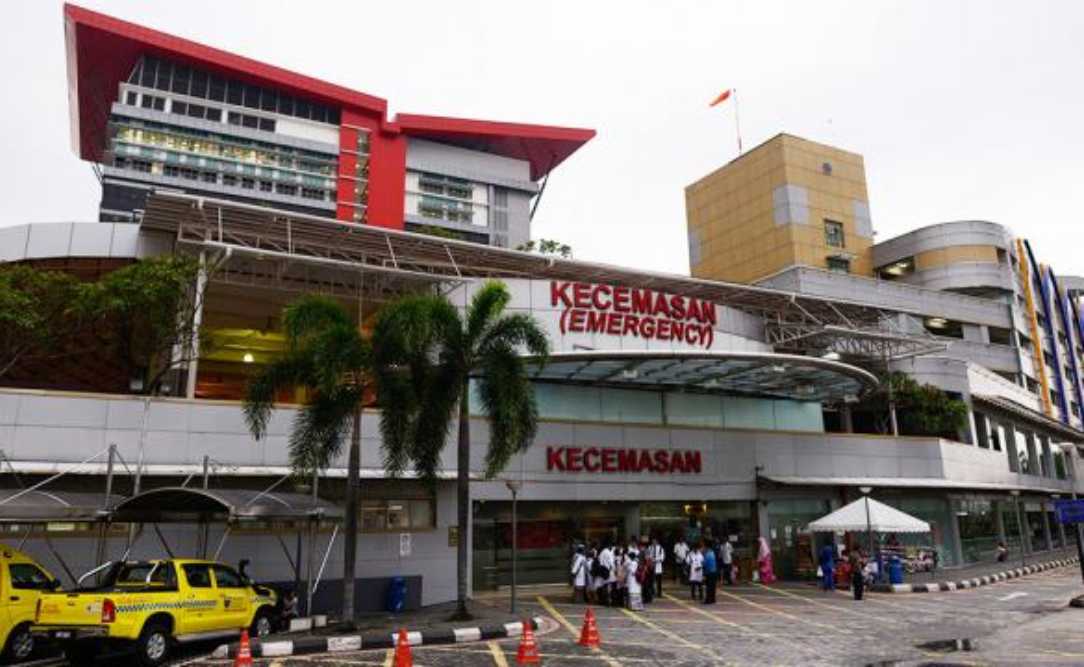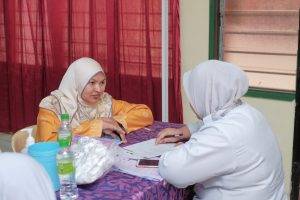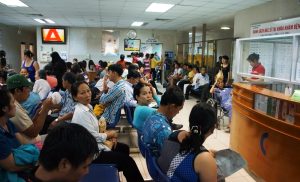The UMMC’s medicine department is planning to resolve its Houseman shortage by opting for a parallel HO system and hiring more permanent medical officers.
UMMC’s medical department has proposed a parallel houseman system for the recruitment of its own HOs in the future. This is in a bid to be more self-reliant. The department had made a statement earlier this year regarding a critical shortage of HOs in UMMC. This led to internal suggestions that the university hospital should hire and train its own HOs. These HOs will then continue to serve UUMC as medical officers (MOs) and specialists once they have completed their compulsory training.
UMMC’s Paradigm Shift Intended As Long-Term Solution
Doctors from UMMC have proposed this idea but do not deny that this parallel system will require lots of consideration besides involving negotiations and coordination with the Malaysian Ministry of Health (MOH).
However, UMMC is confident regarding the feasibility of the initiative. They currently possess all the specialties and subspecialties for the plan to work out. If UMMC is made a training hospital for postgraduates (Master of Medicine, MMed), they will be able to train HOs properly.
Doctors from UMMC’s medical department also opined that criteria could be set for the absorption of HOs as service MOs to encourage healthy competition among them.
The MOH is currently responsible for the recruitment of all HOs from graduates produced by both public and private medical schools. The MOH then assigns these medical graduates to public hospitals, including teaching hospitals under the Ministry of Higher Education (MOHE).
Houseman Shortage In UMMC
Doctors from UMMC’s Department of Medicine have stated that they are facing an extreme and unsafe shortage of HOs. In fact, medical officers have had to shoulder the burden of handling both minor and major issues. These include duties such as blood taking, as there are not enough HOs to do these tasks.
The existing manpower is stretched too thin to run services at full capacity. Additionally, the likelihood of burnout among them is high. Furthermore, specialists and consultants required to assist with routine clinical work will face disruptions in their core duties, including leading the clinical team, teaching, administration, and research.
The lower doctor-to-patient ratio will ultimately lead to reduced quality of care besides compromising patient safety, especially after office hours. HOs are usually the first line when it comes to attending to issues that arise among patients. This is in addition to carrying out routine tasks such as blood taking. MOs are required to cover a larger number of wards and are needed for cases of higher urgency/medical emergencies.
The lack/absence of HOs during on-call hours has caused MOs, who could be covering several wards at once, to undertake all minor and major issues arising in the wards. This would impact their ability to carry out their duties efficiently, besides limiting their availability to assess patients during medical emergencies properly.
What is a Houseman?
A “houseman,” more commonly known as an intern or junior doctor, refers to recently graduated medical doctors in their initial postgraduate training phase. Commonwealth countries, including the United Kingdom, Ireland, and Malaysia, frequently use this term.
Housemen typically work in hospitals under the supervision of senior doctors. They are involved in a wide range of medical tasks. This phase of training is crucial for gaining practical, hands-on experience in various medical specialties. It helps them apply the knowledge acquired during their medical schooling in real-world clinical settings. Housemanship typically involves rotations through different departments, such as surgery, internal medicine, paediatrics, and emergency medicine. This is to give the junior doctor a broad base of experience.
Call for Action
The vice-chancellor of UMMC, Dato’ Seri Noor Azuan Abu Osman, warned those who are ‘underperforming’ that the university will not tolerate staff who are ‘not serving the hospital and patients well.’ He also mentioned that the same policies, reminders, and warnings bind all UM staff. These ensure that each staff member is aware of expectations and the repercussions of deemed incompetence.
Dato’ Seri Noor Azuan also mentioned that UMMC has been the university’s pride and legacy. It has served Malaysians for decades. He stated that UMMC is still the best and biggest teaching hospital in the country, with state-of-the-art physical medical assets and human capital, from the best doctors to various achievements in the medical field.












